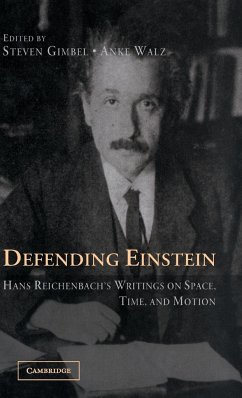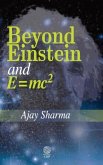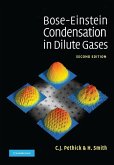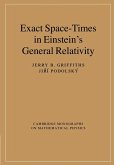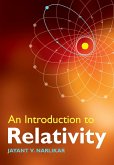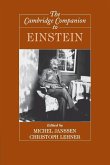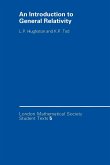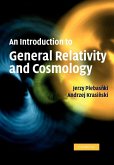Offers an insight into the development of scientific philosophy and the role of the philosopher.
Hans Reichenbach, a philosopher of science who was one of five students in Einstein's first seminar on the general theory of relativity, became Einstein's bulldog, defending the theory against criticism from philosophers, physicists, and popular commentators. This book chronicles the development of Reichenbach's reconstruction of Einstein's theory in a way that clearly sets out all of its philosophical commitments and its physical predictions as well as the battles that Reichenbach fought on its behalf, in both the academic and popular press. The essays include reviews and responses to philosophical colleagues, such as Moritz Schlick and Hugo Dingler; polemical discussions with physicists Max Born and D. C. Miller; as well as popular articles meant to clarify aspects of Einstein's theories and set out their philosophical ramifications for the layperson. At a time when physics and philosophy were both undergoing revolutionary changes in content and method, this book is a window into the development of scientific philosophy and the role of the philosopher.
Table of contents:
Introduction; 1. Review of Moritz Schlick's General Theory of Knowledge; 2. Einstein's theory of space; 3. Reply to H. Dingler's Critique of the Theory of Relativity; 4. Report on an axiomatization of Einstein's theory of space-time; 5. Reply to Th. Wulf's objections of the general theory of relativity; 6. Einstein's theory of motion; 7. The theory of relativity and absolute transport time; 8. Reply to Anderson's objections to the general theory of relativity; 9. Review of Müller's The Philosophical Problems with Einstein's Theory of Relativity; 10. The philosophical significance of the theory of relativity; 11. Planet clocks and Einsteinian simultaneity; 12. On the physical consequences of the axiomatization of relativity; 13. Has the theory of relativity been refuted?; 14. Response to a publication of Mr. Hj. Mellin.
Hinweis: Dieser Artikel kann nur an eine deutsche Lieferadresse ausgeliefert werden.
Hans Reichenbach, a philosopher of science who was one of five students in Einstein's first seminar on the general theory of relativity, became Einstein's bulldog, defending the theory against criticism from philosophers, physicists, and popular commentators. This book chronicles the development of Reichenbach's reconstruction of Einstein's theory in a way that clearly sets out all of its philosophical commitments and its physical predictions as well as the battles that Reichenbach fought on its behalf, in both the academic and popular press. The essays include reviews and responses to philosophical colleagues, such as Moritz Schlick and Hugo Dingler; polemical discussions with physicists Max Born and D. C. Miller; as well as popular articles meant to clarify aspects of Einstein's theories and set out their philosophical ramifications for the layperson. At a time when physics and philosophy were both undergoing revolutionary changes in content and method, this book is a window into the development of scientific philosophy and the role of the philosopher.
Table of contents:
Introduction; 1. Review of Moritz Schlick's General Theory of Knowledge; 2. Einstein's theory of space; 3. Reply to H. Dingler's Critique of the Theory of Relativity; 4. Report on an axiomatization of Einstein's theory of space-time; 5. Reply to Th. Wulf's objections of the general theory of relativity; 6. Einstein's theory of motion; 7. The theory of relativity and absolute transport time; 8. Reply to Anderson's objections to the general theory of relativity; 9. Review of Müller's The Philosophical Problems with Einstein's Theory of Relativity; 10. The philosophical significance of the theory of relativity; 11. Planet clocks and Einsteinian simultaneity; 12. On the physical consequences of the axiomatization of relativity; 13. Has the theory of relativity been refuted?; 14. Response to a publication of Mr. Hj. Mellin.
Hinweis: Dieser Artikel kann nur an eine deutsche Lieferadresse ausgeliefert werden.

